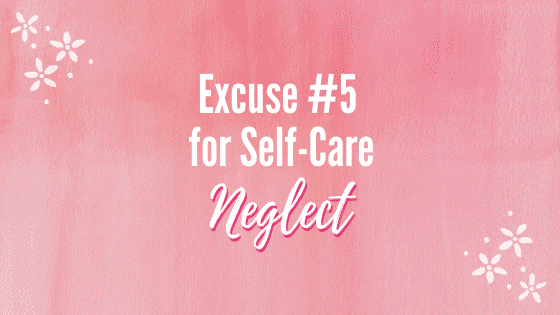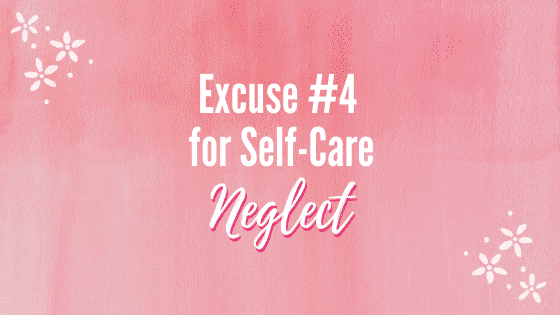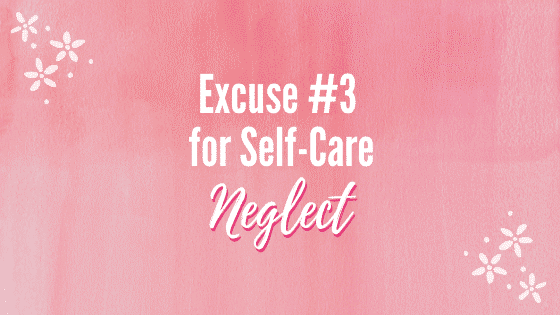How to Tell the Difference between Intuition and Sensing
Intuition and sensing are two distinct concepts with unique characteristics that differentiate them from one another. Intuition is often referred to as a “gut feeling” or intuition-sensing, while sensing is more of a rational process that relies on facts and data.
This article will explore:
- the differences between intuition and sensing in further detail
- looking at why intuition is important in our everyday lives and decisions
- the advantages of using both intuition and sensing for positive outcomes
- the implications of relying solely on either intuition or sensing when making decisions
- how we can leverage both intuition and sensing for optimal results
Differences between intuition and sensing
When it comes to intuition versus sensing, what separates them is the way information is processed. Intuition relies more on emotional reactions associated with an experience or a situation, while sensing focuses more on logical reasoning which takes into account quantitative data points like numbers, facts, and figures. Intuition can be thought of as an inner knowing – a strong belief based on gut feelings rather than facts – while sensing focuses more on evidence-based evaluation of available information.
Intuition plays an essential role in our lives because it allows us to make well-informed decisions without having to rely purely on factual evidence or reason alone. It helps us recognize patterns or trends which may not be apparent through logical thinking alone by providing us with a sense of awareness about our surroundings even when we don’t have any concrete evidence to support our beliefs. For example, intuition can help us recognize if someone has hidden motives behind their words or actions before we have all the facts at hand.
On the other hand, Sensing not only helps us analyze data objectively but also provides us with insights into potential risks associated with certain decisions which intuition may overlook. For instance, when making investments in stocks or property based purely on intuition may take away from our ability to do proper due diligence because there’s no guarantee that our gut feeling will lead us in the right direction each time. Therefore by taking into account data such as stock market performance over time or current real estate prices for example, we can make better informed decisions that minimize risk as much as possible.
What is intuition and why is it important in our everyday lives and decisions
Intuition is a feeling or intuition-sensing that comes from the gut, and it is an ability to sense intuition without any logical reasoning or facts and figures. It is often referred to as intuition-sensing because it relies on intuition instead of rational thought. Intuition can be described as an inner knowing, a strong belief based on intuition-sensing instead of fact. The intuition-sensing ability allows us to recognize patterns and trends that might otherwise go unnoticed due to our reliance on logic alone.
Intuition also plays an important role in decision making processes and can help you make informed decisions quickly even when you don’t have all the facts at hand. Intuition helps us better understand people’s motives behind their words or actions, and offers us insight into potential risks associated with certain decisions before we make them. For example, intuition can tell us if someone is being untrustworthy or if a particular investment in stocks may not be a good option for us down the line even though it looks attractive initially.
Additionally, intuition provides unique benefits in problem solving scenarios too by allowing us to think creatively and come up with innovative solutions that might not normally occur to us through traditional thinking methods. We can also more easily draw connections between seemingly unrelated factors which can lead to more informed judgments when making decisions related to complex matters such as business strategies or large purchases like real estate investments.
Advantages of using both intuition and sensing for positive outcomes
The combination of intuition and sensing can be a powerful tool for achieving positive outcomes. By using intuition-sensing with rationality-evidenced based decision making processes you get better outcomes because you benefit from both holistic perspectives and quantitative analysis thereby ensuring that all aspects are taken care of before jumping into any kind of commitment.
Firstly, intuition gives us the ability to think outside the box and come up with creative solutions to complex problems, since intuition allows us to draw connections between seemingly unrelated factors and seek out patterns that may otherwise go unnoticed when relying solely on facts and figures. This can help us make more informed decisions in a short amount of time even when there is limited data available to do so.
Secondly, intuition is linked to improved emotional intelligence which plays an important role in relationships as well as professional endeavors. By understanding how people are likely feeling in different situations, we can make more effective decisions as well as build stronger relationships by recognizing emotional cues that others may miss such as subtle body language or facial expressions. On the other hand, sensing provides logical reasoning skills which enable us to objectively evaluate our options before taking action on them. This helps us make better assessments regarding potential risks associated with certain decisions while avoiding rash judgement calls that could prove costly further down the line.
Thirdly, intuition-sensing has been scientifically proven to be beneficial for memory recall and learning tasks due to its ability to connect facts together more easily than traditional methods like memorization or drill-and-practice exercises alone. This means that intuition coupled with sensing can help you remember more information quicker while also allowing you to apply what you’ve learned in real life scenarios.
Implications of relying solely on either intuition or sensing when making decisions
Solely relying on intuition or sensing when making decisions can have serious implications. If intuition is relied upon too heavily, it can lead to hasty decisions without taking into consideration any factual evidence that could provide more insight into the issue at hand. This can be especially dangerous if you are making decisions that involve other people or their well-being, as intuition alone may not be enough to accurately assess the situation and make a rational judgment call.
On the other hand, overreliance on sensing can lead to an overly cognitive approach towards decision-making, where intuition is disregarded entirely in favor of hard facts and data. Although this approach has its merits and can help reduce risks associated with certain choices, it often fails to take into account the subjective nature of many decisions which require intuition due to being complex and unpredictable in nature. Additionally, intuition may still be necessary even when there is plenty of data available as intuition can provide insights that reason may overlook such as potential risks associated with certain choices that cannot always be seen through numbers alone.
Furthermore, relying solely on either intuition or sensing without considering the other may prevent us from achieving our desired outcomes due to an incomplete assessment of our options available. For example, if we rely solely on intuition when making a career choice without taking into consideration any logical factors such as salary potential and job security then our decision may not turn out to be as profitable or secure as we would’ve hoped for.
Leveraging both intuition and sensing for optimal results
Leveraging both intuition and sensing for optimal results is essential to making sound decisions regardless of the situation. Combining intuition-sensing not only increases one’s chances of finding the best solution but also helps individuals develop a more comprehensive understanding of the problem at hand. Intuition provides us with valuable insights on the potential outcome of our decisions, while sensing gives us a better grasp of the facts and data available.
When intuition and sensing are used in tandem, decision-makers gain access to both qualitative and quantitative information about their options, which can guide them into making better choices that are well-informed and based on evidence. With intuition, we can consider unexpected factors or events that might be ignored by analytical processes. On the other hand, relying too heavily on intuition can result in unrealistic expectations or assumptions which need to be put into perspective through logical reasoning. This is where sensing comes in; it allows us to determine whether our intuition-based assumptions are practical or not by providing an objective point of view backed up by facts and evidence.
Additionally, intuition-sensing can be used together for improved decision accuracy as intuition helps identify solutions faster than rational thinking while sensing helps validate those solutions by shedding light on potential drawbacks that intuition alone might overlook. Furthermore, intuition allows us to take into account contextual factors such as personal preferences which cannot always be quantified and hence would otherwise remain unaccounted for when making decisions that involve subjective elements like career choices.
By harnessing intuition and sensing together, we can gain insights into our choices that are more accurate and comprehensive than relying on either intuition or sensing alone. We can then use this information to make informed decisions that are both beneficial for our immediate goals as well as long term success. Relying on intuition-sensing gives us the confidence to take risks since it allows us to weigh out all factors before taking action, thereby reducing the chances of making costly mistakes and allowing us to feel hopeful and grateful about our choices regardless of the outcome.
Blog Categories
More Interesting Posts
How Can I Serve Humanity?

Excuse #5 for Lack of Self-Care

Excuse #4 for Lack of Self-Care
